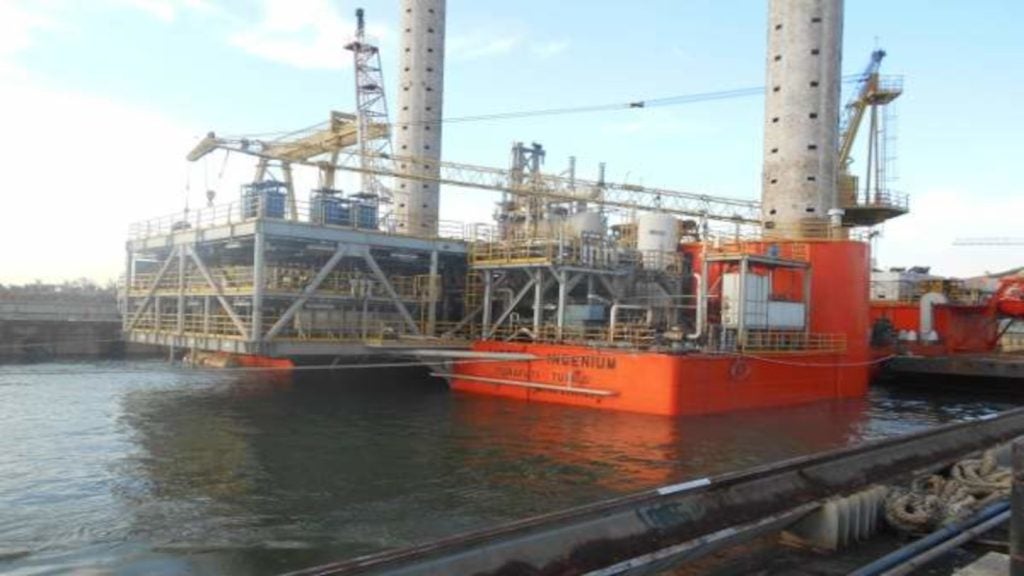The measures the Paris Agreement signee governments will take to discourage emissions and ensure the success of net-zero goals will render conventional oil and gas activity less and less viable.
In the next decade, wherein hydrocarbon demand will not fall significantly, oil and gas companies should minimise losses to emissions-discouraging measures such as carbon pricing by altering processes across the value chain to reduce emissions.
In subsequent decades, hydrocarbon demand will fall. Technological innovation and consumer action will make sustainable alternatives to hydrocarbon-intensive products more and more attractive.
Leading oil and gas suppliers in ESG
Oil and gas companies will need effective governance to steer themselves through the existential disruption that the next three or four decades will bring.
The balancing act necessary for companies to meet net-zero objectives while retaining scale demands deft leadership: companies must sustain sufficient cashflows to handle demand volatility, overhaul their asset portfolios, make astute investments, and satisfy sustainability-minded stakeholders, all while providing stable dividends.
Leading adopters of ESG in oil and gas include BP, Equinor, Shell, Eni, ExxonMobil, and Chevron.
Discover the leading ESG suppliers in oil and gas
Using its experience in the sector, Offshore Technology has listed some of the leading companies providing products and services related to environmental, social and governance (ESG).
The information provided in the download document is drafted for oil and gas executives and technology leaders involved in oil and gas ESG solutions.
The download contains detailed information on suppliers and their product offerings, alongside contact details to aid purchase or hiring decisions.
Amongst the leading providers of environmentally sustainable solutions are Intertek Group, ERM International, TRC Companies, SENES Consultants and Siemens.
Future of ESG in oil and gas
The oil and gas industry is more exposed to risk from environmental challenges than any other industry. Climate change is the most pressing challenge and reducing greenhouse gas emissions will be the environmental priority for all industry companies.
The oil and gas sector can reduce direct emissions by integrating renewable energy sources for captive power, curbing flaring and venting, improving operational efficiencies, and offsetting through indirect initiatives. There are plenty of opportunities for companies to reduce scope 1 and 2 emissions and achieve environmental sustainability in the oil and gas industry.






